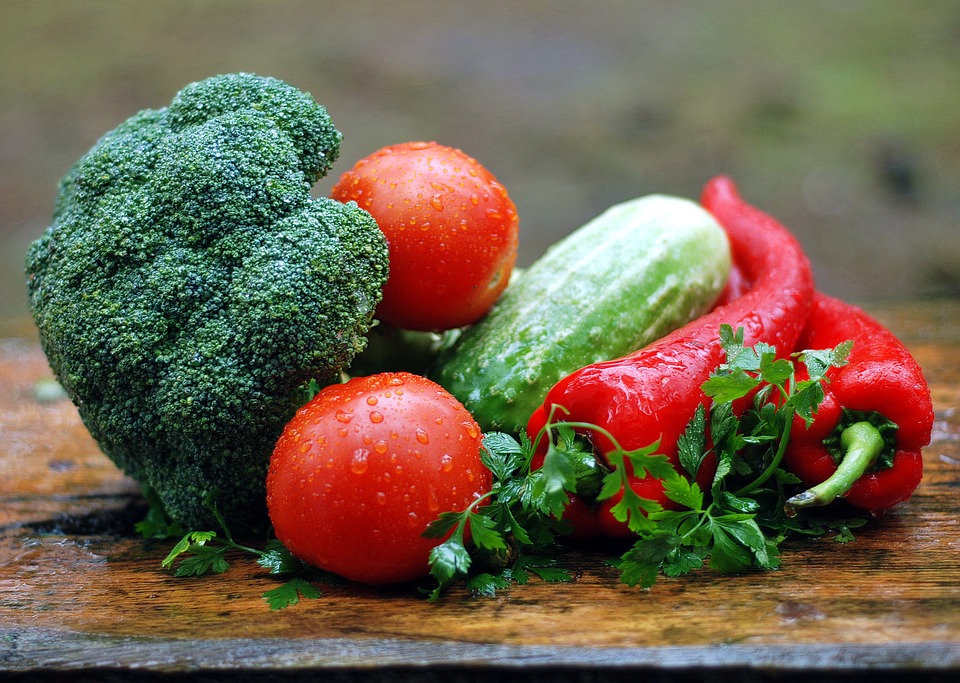Organic foods are food items produced without chemical fertilizers, pesticides and not genetically modified. According to a study done by The University of Washinton, children who eat a conventional diet have a level of pesticides 6 times higher than children who eat mostly organic food.
Benefits of Organic Foods
- Organic farming process is good for the overall environment.
- Fertilizers, pesticides and genetically modified proteins can harm wildlife. Spray pesticides from natural sources; use beneficial insects and birds, mating disruption or traps to reduce pests and disease.
- Organic foods contain more nutrients and safer than Inorganic foods according to a study by researchers at the University of California.
- Organic food tastes much better than inorganic food.
- Organic farming helps to fight global warming. Organic farming can bind 1,000 lbs of carbon per acre, whereas conventional agriculture increases carbon in the atmosphere.
- Organic farming provides habitats for many more species than conventional agriculture. Among those animals that benefit are song birds, which thrive on insects found in organic fields.
Drawbacks
- Without Fertilizers and pesticides production is less and slow as compared to inorganic food.
- Organic food is generally more expensive than inorganic food items due to less production.
Inorganic Foods
Inorganic foods, on the other hand are the opposite, use synthetics synthetics commonly include chemical fertilizers and pesticides and they are genetically modified hence the large size and availability of certain fruits and veggies all year round and cheaper price. The inorganic foods are easier to grow- and faster. In the United States, FDA regulates inorganic food items and determines the acceptable levels of synthetics that finished food products can contain.
Benefits of Inorganic Foods
- Apply chemical fertilizers to promote plant growth.
- Spray synthetic insecticides to reduce pests and disease.
- Use synthetic herbicides to manage weeds.
- Give animals antibiotics, growth hormones and medications to prevent disease and spur growth.
Drawbacks
- Research shows that pesticide used in Inorganic Foods production exposure to cancers, neurological damage as well as birth defects and even possible early onset of Parkinson's.
- Undegradable Pesticidess enter our waterways where they harm aquatic life and end up in our drinking water supplies.
- Insecticides with organophosphate or carbonate can poison and affect the bladder and kidneys. The lungs and the airways as well as the nervous system can also be affected to the extent of causing coma or convulsions.
- Recent Example of Harkishanpura & Jajjal Villages of Punjab, India where pesticides enter in the food chain and the cancer cases increasing fast. Dr Rajender Kumar, chairman of Kheti Virasat and a biologist from Punjabi University based at Patiala points out that the problems really started in the nineties, at the same time that soil fertility started declining, and farmers started pumping in fertilizer to overcome this. And with excessive use of pesticides, he says, there was a rise in infertility clinics, diabetes, heart attacks, mental retardation and abortions. But there is no study to confirm that pesticides are responsible in Punjab but notes that research worldwide has shown that pesticides do produce these effects.
Source: qualityorganicfoods.com
